Recommendations from our site
“If I have a preferred book to read about the Holocaust, it’s probably the graphic novel Maus by Art Spiegelman, about his parents’ experience in Poland. Many have read it, but if you haven’t, you must. It’s set in late 1970s New York, and is as much about the son’s relationship with the father who went through all this, as it is about the events of the 1930s and 40s in Poland.” Read more...
Sophie Roell, Journalist
“It’s a hard thing to read for me because many of my family perished in the Holocaust. I read it when it came out. There was Maus I and Maus II. It left a real big impression. There’s notes that resonate with my grandparents, who were German, and what they had to go through. They had to flee and were caught up in the Second World War and were immigrants. It’s a hard read, a tough story to tell.’ Neil Emmanuel, Illustrator” Read more...
“It’s a hard thing to read for me because many of my family perished in the Holocaust. I read it when it came out. There was Maus I and Maus II. It left a real big impression. There’s notes that resonate with my grandparents, who were German, and what they had to go through. They had to flee and were caught up in the Second World War and were immigrants. It’s a hard read, a tough story to tell.’ Neil Emmanuel, Illustrator” Read more...
“This is an amazing book. Like all the books I love, it gets the reader to see the world with fresh eyes. But Maus is also unusual in the way it combines a deeply serious topic with a genre not usually taken very seriously. It’s about the Holocaust. It’s also a comic book, in which the various characters are depicted as animals – the Jews as mice, the Nazis as cats etc.. The combination of a comic book and the Holocaust itself is startling. But on top of that, Speigelman breaks another taboo in moving back and forth between the story of his father, who was a Holocaust survivor, and his current relationship with him, which is full of resentment and complaints. The notion that an author writing about a Holocaust survivor would include unflattering portrayals was shocking to many. But for many more—the book has won numerous prizes and been translated into many languages—a bracing reality had challenged a soothing but dishonest sentimentality.” Read more...
The best books on Popular Culture
Susan Bordo, Social Scientist
“The publication of the first volume of Maus in 1986 was absolutely a terrain-shifting moment. It was nominated for a National Book Critic Circle award in the category of biography and people freaked out. In 1991, the second half was on the New York Times bestseller list on the fiction side of the ledger. Art wrote a letter to the Times complaining and, for the first time in the history of that list, they published his letter and moved it to non-fiction. So it’s this pushing on taxonomy that Maus accomplished and which fascinates me so much. Maus changed the face of comics and also modern literature.”
The Best Graphic Narratives, recommended by literary scholar Hillary Chute
“One of the things in it that has always really stuck with me and that I thought was really affecting is he draws all of the different people’s nationalities as different animals. So Jewish people are mice and German people are cats. Polish people are pigs and French people are frogs. And there is a really lovely scene, written between him and his wife. His wife has converted to Judaism but is originally French. And he says, ‘Well, I’m not sure how I’m going to picture you in this scheme I’ve come up with.’ It’s very meta—he’s talking about the process of writing this. And she says, ‘Well, I’ve converted to Judaism, so surely I’m a mouse?’”
The best graphic history books, recommended by historian Eleanor Janega
Other books by Art Spiegelman
Our most recommended books
-

Watchmen
by Alan Moore -

Madame Livingstone: The Great War in the Congo
by Barly Baruti (illustrator) & Christophe Cassiau-Haurie -

Kariba
by Daniel Clarke, Daniel Snaddon & James Clarke -

Nausicaä of the Valley of the Wind
by Hayao Miyazaki -

Understanding Comics
by Scott McCloud -

Persepolis
by Marjane Satrapi

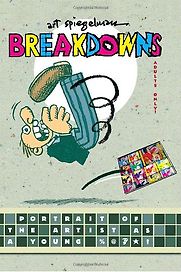
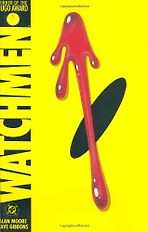
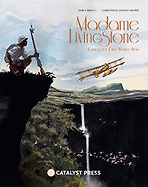
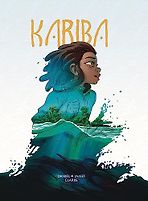

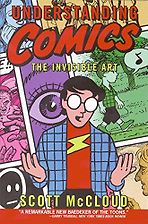
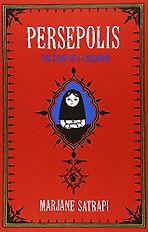
Commentary